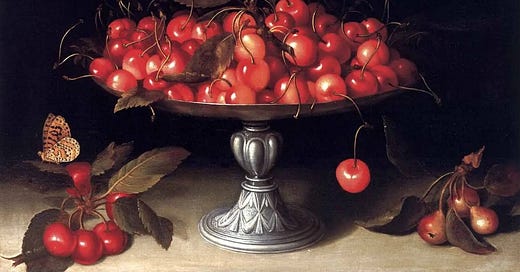In October 2021, I was at a crossroads. I was looking for a new career direction, but my father’s health was failing and my parents needed help. Also, I knew I was meant to be a novelist, but having a full-time job left no energy for the writing.
So I walked away from a 20+ year career in advertising and into a new life.
Literally.
As I began the long untangling and ego release that follows so many life changes, my rambles all over Montréal, in all kinds of weather, got increasingly longer. As Rebecca Solnit describes it, walking is a “subversive detour,” where you can “find what you don’t know you are looking for.”
And in the process, I found my writing voice too.
I refer to these long walks (because they still happen) as “faffing”. Sometimes I pop into coffee shops or a boutique. I stop at the market to buy fruit in summer or fresh sausages at the butcher in fall. But there is never a destination. I walk for the sake of walking.
Faffing comes from British English. I like the frivolity of it. There’s no substance in faff. No dentals or sibilants to give it texture. Just an expelling of air, really. But it’s this amorphous quality that contrasts so nicely with its actual significance. If you’re faffing about, according to the Brits, you’re not getting down to business.
But in my version, you are absolutely getting something done.
While I look at apricots and stare into coffee cups, in the background, my brain is defragmenting new information, clearing old thoughts, bringing important questions back into focus—and clearing the necessary space I need for the creative downloads to begin.
How many times do I wander all day, then lay my head on the pillow and suddenly feel the sentences rushing into my awareness? Or even just the next plot point I need to move the action forward (finally)?
If you are engaged in creative work, you must accept that you need nothing time on a regular basis. Neil Gaiman actually has a rule that I first learned about when I watched to his interview on The Tim Ferriss Show: “You can sit here and write or you can sit here and do nothing, but you’re not allowed to do anything else.” And to this he added,
“what I love about that is, I’m giving myself permission to write or not write, but writing is actually more interesting than doing nothing after a while.”
Faffing, or whatever you call that nothing time, is important to the health of your creative practice. Especially if you’re in a collecting and composting stage. For myself, if I didn’t have the freedom to faff and then write as soon as the ideas came, I would not have finished my first novel. That nothing time was not something I could comfortably give myself when my life revolved about productivity and deadlines.
Are you comfortable with doing nothing? What does your nothing time look like?





You can also faff around while you bimble!
https://en.wiktionary.org/wiki/bimble